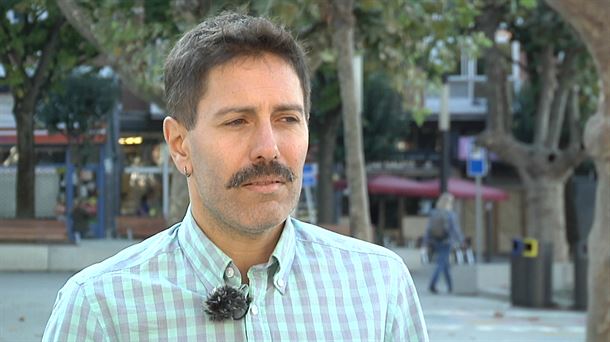Simone Tebet and Ciro Gomes, third and fourth respectively in the first round, collected 7% of the vote
The scenario for the second round of the presidential election in Brazil, on October 30, is completely open. Former President Lula Inácio Da Silva confirmed what the polls predicted and got 50% of the vote. However, the current president, Jair Bolsonaro, has, contrary to predictions, collected more than 43% of the ballots. What looked like a comfortable win for Lula has turned into an open game. In this scenario, the votes of Simone Tebet and Ciro Gomes, third and fourth respectively, seem crucial, as do those of those who opted to abstain, barely 20% of the electorate.
Between Tebet, from the center right, and Gomes, from the center left, they won more than 7% of the vote. Because of ideological affinity, the votes of the former should go to Bolsonaro and those of the latter to Lula. But in a country as complex as Brazil, where the polls have also shown that they are unable to detect the underground mood, as has happened with the Bolsonarist bases, it is risky to make a prediction. The stance that both will take in the coming days will be crucial: if they decide to ask for the vote for one of the two candidates or give their voters freedom.
Tebet was the main revelation of the first round. As leader of the Brazilian Democratic Movement (MDB), he has collected 4.16% of the vote, nearly five million ballots. She was one of three women out of 12 candidates who ran for office, and she stood out in the televised debates.
Tebet, 52, has been a lawyer and senator since 2018. Until now, she has held the only executive position she has held as mayor of Tres Lagoas, her native municipality, in Mato Grosso do Sul. is deeply rooted in this condition. During his tenure, Bolsonaro has joined the interests of this sector, with great influence in the country, along with the arms industry and the Evangelical Church. Interests, on the other hand, often oppose those of environmental groups on issues like Amazon deforestation, which has been boosted with the current president. However, the candidate has shown concern and sensitivity to environmental issues throughout the campaign.
The MDB is a formation formed in 1980, when the country was still under the military dictatorship. He has reigned twice. The first in 1989, in the first democratic elections, with Itamar Franco. The second, in 2016, when Michel Temer succeeded Dilma Rousseff after she was ousted by parliament.
As for Ciro Gomes, he collected 3.08% of the vote, just over three and a half million ballots. Unlike Tebet, he is a veteran of politics. He was governor of Ceará state in the mid-1990s and was a three-time presidential candidate; the last, in 2018 against Bolsonaro. On that occasion, after being fired in the first round, as now, he did not ask for the vote for the Workers’ Party.
Gomes has been a minister on several occasions. It was in the first democratic government of the aforementioned Itamar Franco where he had the finance portfolio. Later, he was part of Lula’s first cabinet as Minister of National Integration.
His party, the Democratic Labor Party (PDT), has contested votes with Lula’s PT, with whom he shares ideological affinity. However, he tried to present himself in the campaign as a kind of third way amid the polarization between Lula and Bolsonaro. During this term, he has denounced the president harshly, especially as a result of the disastrous management of the pandemic, which has left more than 670,000 deaths in Brazil, the second highest number in the world, behind only the United States.
Source: La Verdad
I am an experienced and passionate journalist with a strong track record in news website reporting. I specialize in technology coverage, breaking stories on the latest developments and trends from around the world. Working for Today Times Live has given me the opportunity to write thought-provoking pieces that have caught the attention of many readers.



